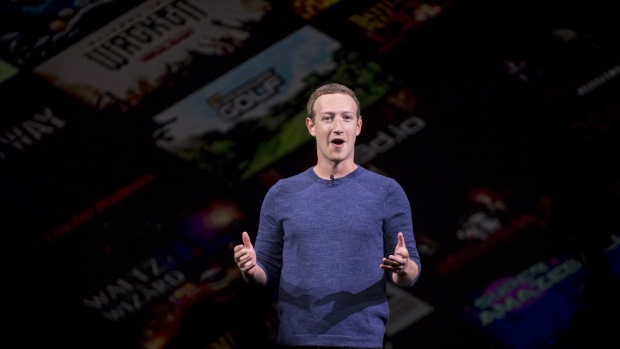Jan 25, 2019
Mark Zuckerberg considers integrating WhatsApp, Instagram, Messenger: NYT
, Bloomberg News

Facebook Inc. (FB.O) Chief Executive Officer Mark Zuckerberg is planning to integrate the WhatsApp, Instagram and Facebook Messenger services, according to the New York Times.
Zuckerberg’s plans would involve reconfiguring the three services by stitching the apps’ infrastructure together, the Times reported, citing four people involved with the effort. Each service would continue to operate as a stand-alone app, but the underlying message infrastructure would be unified, according to the report. The move would also enhance users’ privacy by introducing end-to-end encryption to protect the messages from being viewed by anyone except those involved in the conversation.
Facebook, in a statement, said it wants to “build the best messaging experiences we can; and people want messaging to be fast, simple, reliable and private. We’re working on making more of our messaging products end-to-end encrypted and considering ways to make it easier to reach friends and family across networks. As you would expect, there is a lot of discussion and debate as we begin the long process of figuring out all the details of how this will work.”
By integrating the infrastructure of the apps, Zuckerberg aims to keep the social network’s billions of users more engaged inside its ecosystem. If people use Facebook-owned properties for texting, they may skip rival messaging services such as those offered by Apple Inc. and Alphabet Inc.’s Google, according to the report.
WhatsApp, which Facebook bought in 2014 for US$19 billion, and Instagram, which was purchased in 2012 for US$715 million, had been independent businesses though Zuckerberg had been asserting more influence across the units as they have grown substantially in recent years. Instagram’s co-founders stepped down late last year after tension with Facebook over the direction of the service, according to people familiar with the matter.
Progressive groups have been urging the Federal Trade Commission for months to break up Facebook and split off Instagram, WhatsApp and Messenger into their own companies separate from Facebook.






